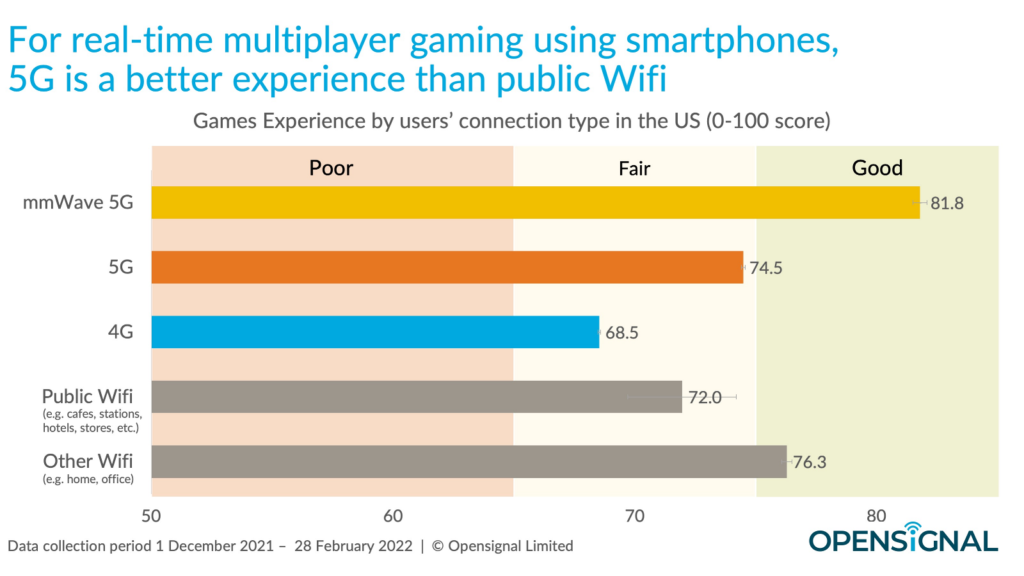Quantum computers are powered by “qubits” that can exist in any combination of computational base states, thanks to the concept of superposition. This unique ability, along with quantum entanglement, allows quantum computers to perform tasks beyond the capabilities of classical computers.
However, the downside of quantum superpositions is their fragility. Even minor disturbances can disrupt these delicate states, leading to errors that hinder the performance of quantum computers. To address this challenge, researchers have developed sophisticated quantum error correction techniques, although they often come with increased device complexity.
In a recent study, scientists from the RIKEN Center for Quantum Computing leveraged machine learning to improve error correction for quantum computers. This innovative approach represents a significant step towards making quantum devices more practical.
The researchers introduced an autonomous error correction system that uses machine learning to identify and implement necessary corrections efficiently. By focusing on low device overhead and high error-correcting performance, they explored autonomous quantum error correction methods, specifically targeting “bosonic qubit encodings” commonly found in current quantum computing devices.
By applying reinforcement learning, a cutting-edge machine learning technique, the team successfully optimized bosonic qubit encodings, discovering a simple yet effective method that outperformed existing approaches in error correction capabilities while reducing device complexity.
Lead author Yexiong Zeng expressed optimism about the potential of integrating machine learning into quantum error correction, emphasizing the importance of this work in advancing experimental implementations of quantum error correction.
Renowned physicist Franco Nori highlighted the pivotal role of machine learning in addressing challenges related to large-scale quantum computation and optimization. He emphasized ongoing projects that combine machine learning, artificial neural networks, quantum error correction, and quantum fault tolerance.
Journal Reference:
- Zeng et al. (2023) Approximate Autonomous Quantum Error Correction with Reinforcement Learning. Phys Rev Lett. DOI: 10.1103/PhysRevLett.131.050601



